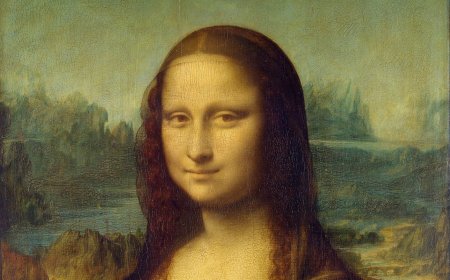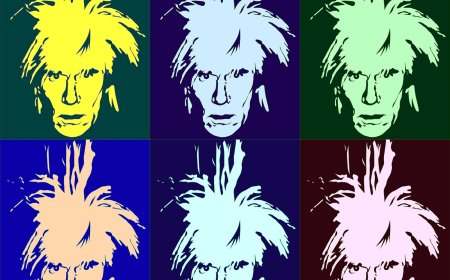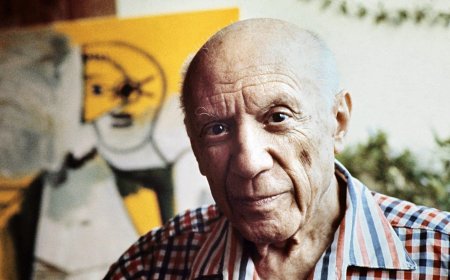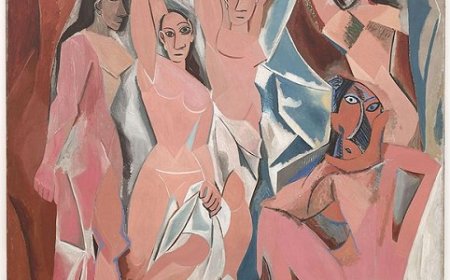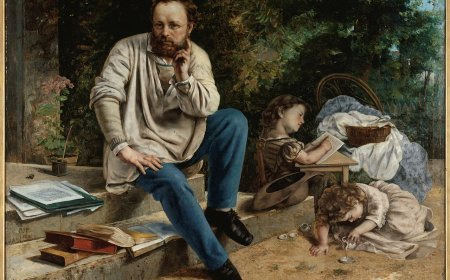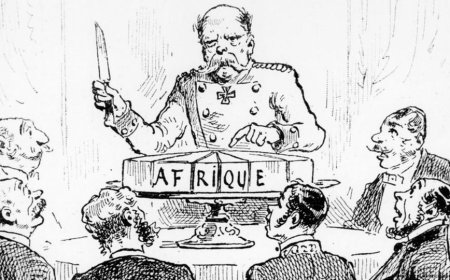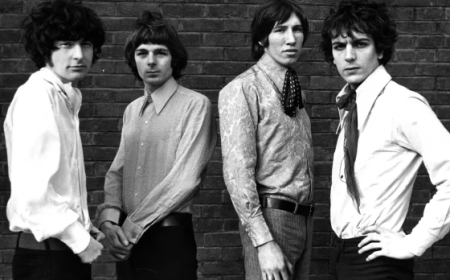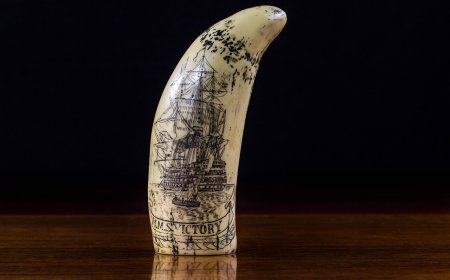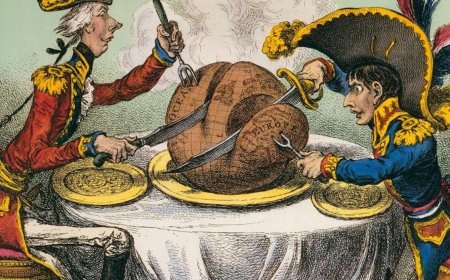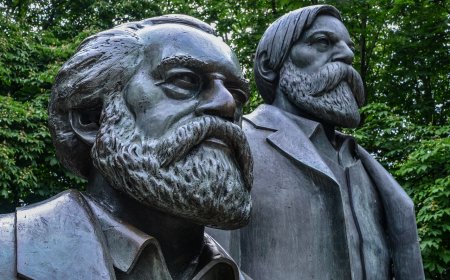Proudhon, the man who believed in Humanity
Self-government, individual freedom and the abolition of state authority and capitalist economic structures. These were the main lines of Proudhon's thought, in order to create federated and decentralized societies based on voluntary cooperation and mutualism.

Pierre-Joseph Proudhon was born 215 years ago, on January 15, 1809, in Besançon, France. He came from a working-class family and had a relatively modest upbringing. Despite his humble beginnings, Proudhon showed intellectual promise and pursued education. He studied at the Royal College in Besançon and later attended the University of Besançon.
Proudhon's exposure to political and economic ideas, as well as his experiences with the inequalities of his time, led him to develop a strong critique of both capitalism and state authority. His dissatisfaction with the prevailing social and economic conditions influenced his later writings.
Proudhon's most famous work, "What is Property? Or, An Inquiry into the Principle of Right and Government," was published in 1840. In this book, he famously coined the phrase "Property is theft!" He argued against the legitimacy of private property and explored alternative models of ownership and organization.
Proudhon's ideas laid the groundwork for anarchism as a political philosophy. His writings emphasized the importance of voluntary cooperation, mutualism, and direct action as alternatives to hierarchical authority.
While Proudhon was not directly involved in leading revolutionary movements, his ideas gained attention and influenced various leftist and working-class movements of his time. His writings resonated with those who sought to challenge the status quo and promote social change.
Proudhon continued to write and publish various works on philosophy, politics, and economics throughout his life. Some of his other notable works include "System of Economic Contradictions" (1846) and "The Principle of Federation" (1863).
He had interactions and debates with other prominent thinkers of his era, including Karl Marx. While they shared some common ground, they also had significant differences in their approaches to socialist theory and strategy.
Proudhon passed away on January 19, 1865. His ideas continued to influence anarchist, socialist, and anti-authoritarian movements in the years that followed. His writings contributed to the development of various strands of socialist thought and inspired generations of activists and thinkers.
Pierre-Joseph Proudhon's life was characterized by his intellectual pursuits, his contributions to political theory, and his role in shaping the discourse around social justice, property, and authority.
His role in revolucionary movements
Proudhon played a significant role in the development of revolutionary and socialist thought during the 19th century. While he wasn't directly involved in leading revolutionary movements or participating in armed actions, his ideas and writings had a profound impact on the intellectual and ideological underpinnings of various revolutionary and socialist movements.
He is often regarded as one of the founding figures of anarchism. His ideas laid the groundwork for anarchist thought, which rejects hierarchical authority, including that of the state and capitalism. His works provided theoretical insights into how society could be organized without centralized power structures and private property.
Proudhon's critique of both the state and capitalism resonated with a wide range of revolutionary movements. He argued that both institutions were sources of oppression and inequality. His calls for a society based on mutual aid, cooperation, and direct action inspired many anarchists and socialists to challenge existing power structures.
His ideas also influenced the development of socialist thought beyond anarchism. His emphasis on workers' control and the transformation of property relations was embraced by various strands of socialism, including those advocating for worker self-management and cooperative economics.
Proudhon's exploration of the labor theory of value, which suggests that the value of a good or service is determined by the labor put into its production, had an impact on the economic theories of later socialists, including Karl Marx.
While Proudhon didn't lead armed revolutions or hold prominent political positions, his writings were widely read and debated in intellectual and literary circles of his time. His critiques of authority, property, and exploitation resonated with those who were questioning the prevailing social and economic order.
Proudhon's ideas continued to influence various leftist and anarchist movements well beyond his lifetime. Anarchist movements, labor movements, and anti-capitalist struggles drew inspiration from his works.
His ideas were not without controversy, and he had his share of disagreements with other prominent figures of his time, including Karl Marx. Nonetheless, his contributions to the development of revolutionary and socialist thought cannot be underestimated, as his writings helped shape the discourse around issues of power, authority, property, and justice that continue to resonate with activists and thinkers to this day.
"Property is theft!"
The phrase "Property is theft!", coinded in his 1840 book "What is Property?", is one of the most famous quotes of Proudhon. The full quote is: "Property is theft! Property is impossible! On the contrary, property is the only possible condition of equality."
Proudhon used this phrase to express his criticism of the institution of private property as it existed in his time. He believed that the concept of private property, especially when it led to the accumulation of wealth and power in the hands of a few, was inherently unjust and created social inequalities. He argued that property ownership allowed one group of people to extract wealth and resources from the labor of others, leading to exploitation and class divisions.
In Proudhon's view, property was a form of theft because it enabled individuals or groups to claim ownership of resources that were originally held in common or created collectively by society. He believed that this accumulation of property ultimately led to the concentration of wealth and power, which he saw as a fundamental cause of social injustice and inequality.
Proudhon's ideas were part of a broader philosophical and political landscape in the 19th century, marked by discussions about property rights, capitalism, and socialism. His phrase "Property is theft!" was intended to provoke thought and challenge prevailing notions of property ownership and economic systems. While the phrase is often quoted, we need to consider the full context of Proudhon's work to understand his nuanced arguments and ideas about property and social organization.
His critiques of property, authority, and capitalism continue to influence discussions about economic and social systems, making him a significant figure in the history of revolutionary and socialist theory.


























